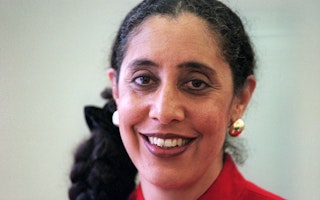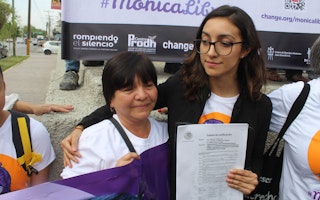Forty year ago, in its decision in Gideon v. Wainwright, the U.S. Supreme Court ruled that a lawyer must be provided for people who cannot afford to hire one in order to ensure equal justice and reliable results in criminal cases. But today, most poor people accused of crimes in the United States still do not receive competent legal counsel and are therefore denied their constitutional right to a fair trial.
Some poor people languish in jail for weeks or months, often for longer than any sentence they would receive, before being appointed a lawyer. Some obtain only perfunctory representation—nothing more than a hurried conversation with a court-appointed attorney outside or even inside the courtroom—before entering a guilty plea or going to trial. Others enter guilty pleas and are sentenced to prison without any legal representation at all.
In the March 2003 issue of Ideas For An Open Society, Stephen B. Bright, director of the Southern Center for Human Rights, an OSI grantee, examines the promise of indigent defense 40 years after the landmark Gideon decision.
Click here to read the press release.
Read more
Homicide Reduction
Q&A: How One Colombian City Is Tackling Violent Crime

Palmira, Colombia, is one of the most violent cities in the world. But a prevention program focusing on youth has reduced crime significantly—and earned it an international peace prize. The city’s mayor on what’s working.
In Remembrance
Lani Guinier’s Overlooked Education Legacy

The late Lani Guinier thought deeply about the intersection between education and criminal justice. Her leadership at Open Society helped pave the way to colleges across the country offering higher education to the incarcerated.
WOMEN'S RIGHTS
Challenging Mexico’s Abusive Preventative Detention System

Mónica Esparza’s case is one of the most notorious cases of extreme gender violence carried out by Mexican authorities. What her story teaches about how to combat the country’s scourge of gender-based violence.
